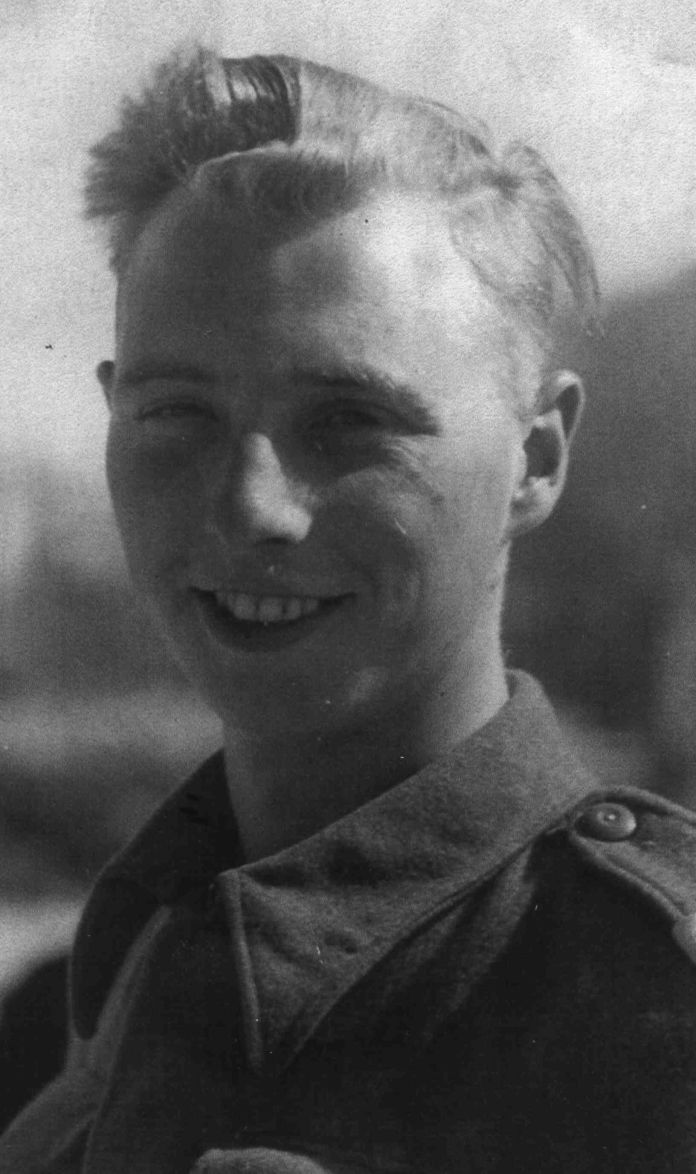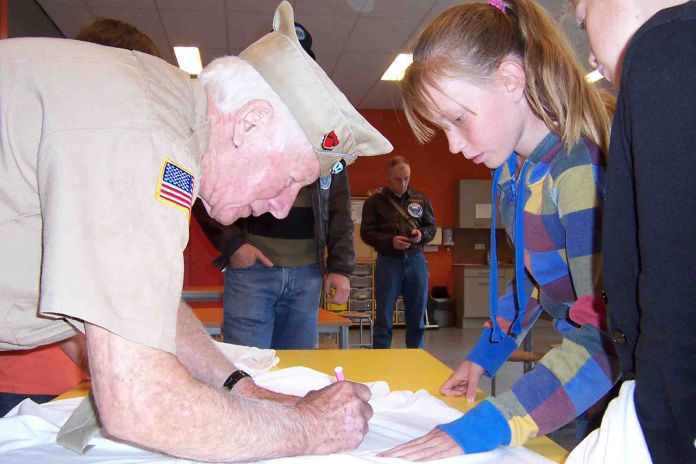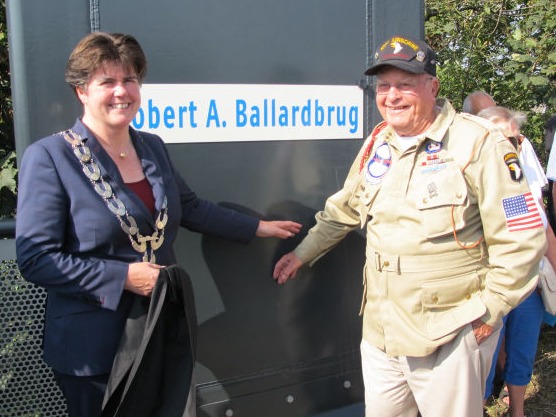
Gilbert L. Astin
44 th Royal Tank Regiment
Gilbert Leslie Astin was born in Manchester, England, on December 26, 1922. His father was a dentist, his mother was a former dancer with the famous Tiller Girls.
When Gilbert was 5 years old, the family moved to the village of Marple, where he spent his further childhood. When he was 19 years old, he joined the army and became a tank driver. Gilbert fought in Egypt and Italy, before taking part in the Normandy invasion in June 1944.
His tank regiment advanced rapidly through France and Belgium. During Operation Market Garden the 44th tank regiment was assigned to the 101st Airborne Division.
On September 24, 1944, during the heaviest fighting Eerde has known, Gilbert's Sherman tank stood between the windmill and the miller's house. It got a direct hit from a German tank. Gilbert died in his driver's seat, aged 21. He is buried in the cemetery in Eerde along with his comrades in arms James Hardy, Jasper Jones, Roy Hooper and Frank Stacey.
In 2006, a booklet about Gilbert Astin's life was released.


